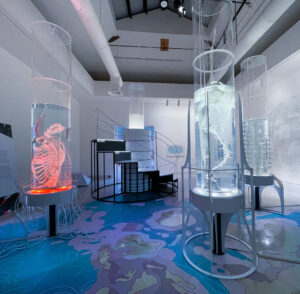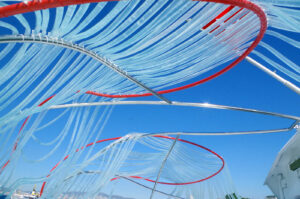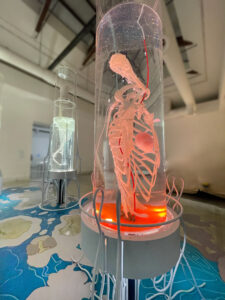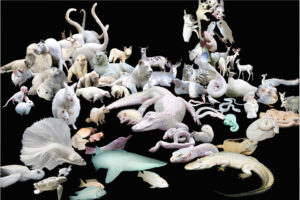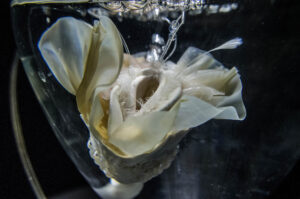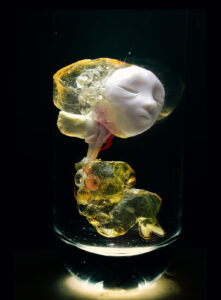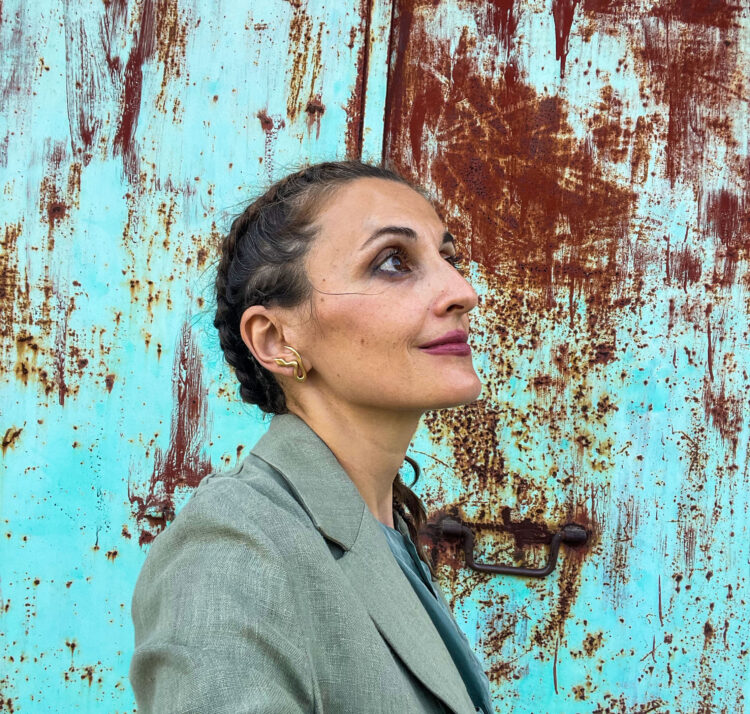
Pinar Yoldas
La Jolla, CA
Dr. Pinar Yoldas is an infradisciplinary architect and an Associate professor at the University of California, San Diego. Her work develops within biological sciences and digital technologies with a focus on environmental justice and feminist techno-science. Yoldas is a 2015 John Simon Guggenheim Fellow, a 2016 FEAT Award winner and a 2018 Hellman Fellow. Her solo shows include Roda Sten Konsthall Sweden, Polyteknikum Museum Moscow, and Transmediale Berlin. Her group shows include the 17th Venice Biennale of Architecture, Nordic Biennial, 14th Istanbul Biennial, National Art Museum of Beijing, ZKM in Karlsruhe, HeK Basel, Taiwan National Museum of Fine Arts, V&A Museum and ISCP New York. Yoldas’s residencies include the MacDowell Colony, UCross Foundation, VCCA and Bogliasco. Her work has been featured in Arte TV, Die Welt, Vice, Art21, Der Spiegel, and Vogue Turkey. She received a BArch from Middle East Technical University, an MA from Bilgi University, an MS from Istanbul Technical University, an MFA from UCLA, and a Ph.D. from Duke University. She holds a bronze medal in organic chemistry in the national science olympics and had her first public solo exhibition when she was five.
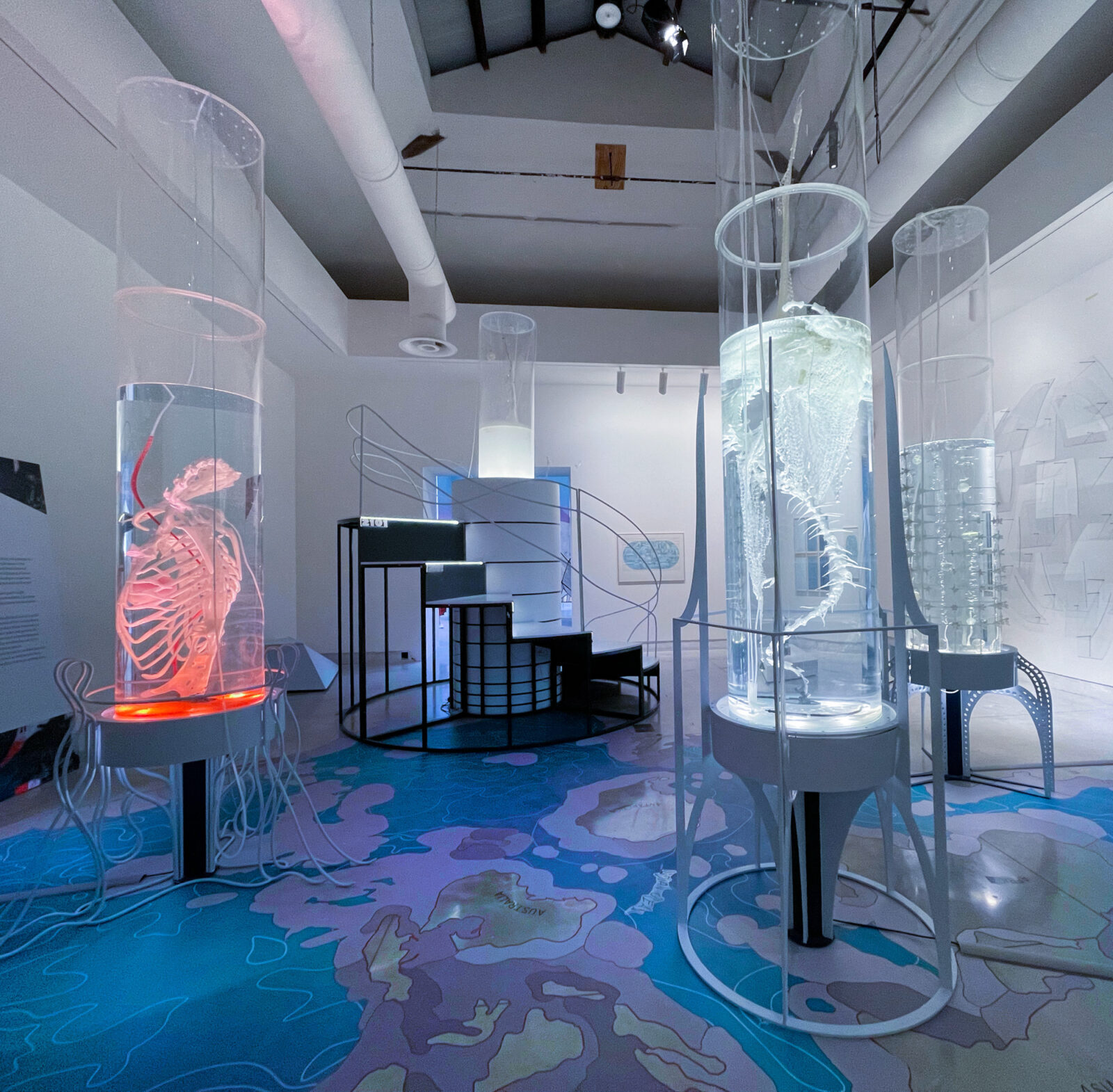





Installation view of Hollow Ocean by Dr Pinar Yoldas at the 2021 Venice Biennale.
Saltwater Heart by Dr Pinar Yoldas.
Detail of a Plastic Ocean column by Dr Pinar Yoldas, part of her exhibition, Hollow Ocean at the 2021 Venice Biennale.
Regnum Alba by Dr Pinar Yoldas.
NeoLabium by Dr Pinar Yoldas.
Hi Cortex by Dr Pinar Yoldas.
Dark Botany: the Dark Banana Plant and other Accelerated Photosynthesis Species
Pinar Yoldas is an infradisciplinary architect and a professor working in biological sciences and digital technologies, with a focus on post-humanism, eco-nihilism, anthropocene, and feminist technoscience.
Artist BioIn his 1999 book The Sun, the Genome and the Internet, British polymath Freeman Dyson proposed a genetically altered forest to speed up rapid carbon capture. While some found it disturbing, many others considered Dyson’s proposal as an attractive solution for excessive CO2 emissions. Dark Botany is a speculative multimedia installation with elements of bio-art that imagines Dyson’s altered forest is possible with a compound called dark chlorophyll. Pinar Yoldas will work in a biotech lab to engineer the Dyson forest at a cellular level, documenting the impossibility of the technological solution to climate change alongside curated conversations with foresters, geneticists, economists and activists. Dark Botany explores the tension between technophobia and technophilia through the lens of a plant world altered by human hands.
